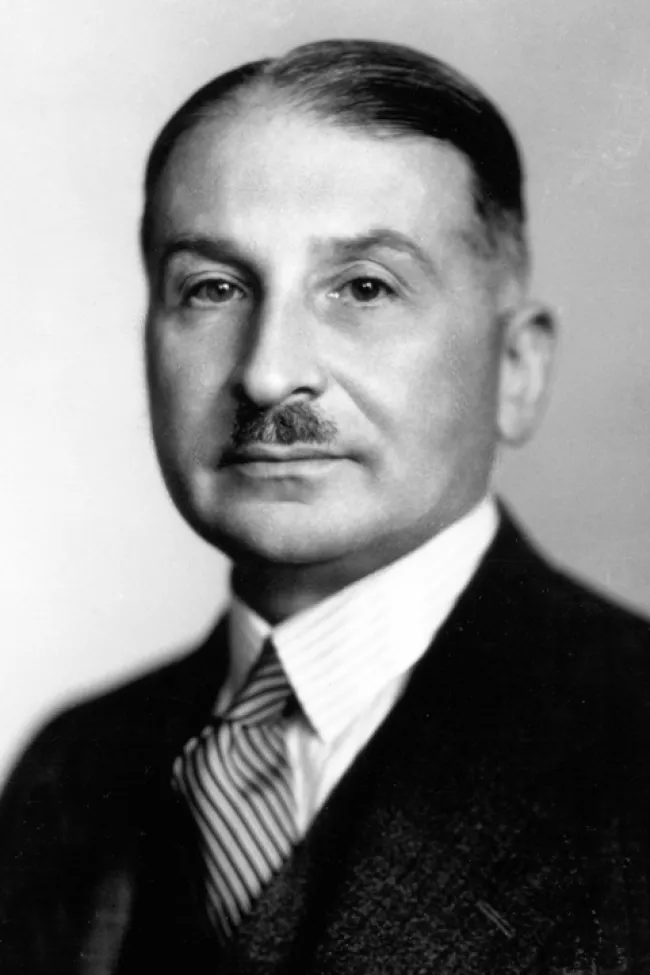- Downloads:
- View HTML Version
- economic_calculation_in_the_socialist_commonwealth.pdf
- economic_calculation_in_the_socialist_commonwealth.epub
- 社会主义国家的经济计算 Chinese.pdf
- Related Content:
- Economic Calculation In The Socialist Commonwealth
This is the essay that overthrew the socialist paradigm in economics, and provided the foundation for modern Austrian price theory. When it first appeared in 1920, Mises was alone in challenging the socialists to explain how their pricing system would actually work in practice.
Mises proved that socialism could not work because it could not distinguish more or less valuable uses of social resources, and predicted the system would end in chaos. The result of his proof was the two-decade-long “socialist calculation” debate. This edition contains an afterword by Joseph Salerno, who applies the calculation argument to contemporary problems like environmentalism and business regulation:
The significance of Mises’s 1920 article extends far beyond its devastating demonstration of the impossibility of socialist economy and society. It provides the rationale for the price system, purely free markets, the security of private property against all encroachments, and sound money. Its thesis will continue to be relevant as long as economists and policy-makers want to understand why even minor government economic interventions consistently fail to achieve socially beneficial results. “Economic Calculation in the Socialist Commonwealth” surely ranks among the most important economic articles written this century.

No content found

Ludwig von Mises was the acknowledged leader of the Austrian school of economic thought, a prodigious originator in economic theory, and a prolific author. Mises’s writings and lectures encompassed economic theory, history, epistemology, government, and political philosophy. His contributions to economic theory include important clarifications on the quantity theory of money, the theory of the trade cycle, the integration of monetary theory with economic theory in general, and a demonstration that socialism must fail because it cannot solve the problem of economic calculation. Mises was the first scholar to recognize that economics is part of a larger science in human action, a science that he called praxeology.
In Collectivist Economic Planning, Friedrich A. Hayek, ed. Clifton, NJ: Kelley Publishing, 1975, pp. 87-130, and Auburn, AL: Ludwig von Mises Institute, 1990.

